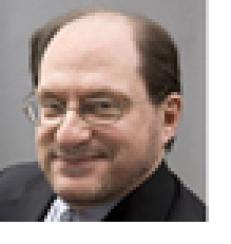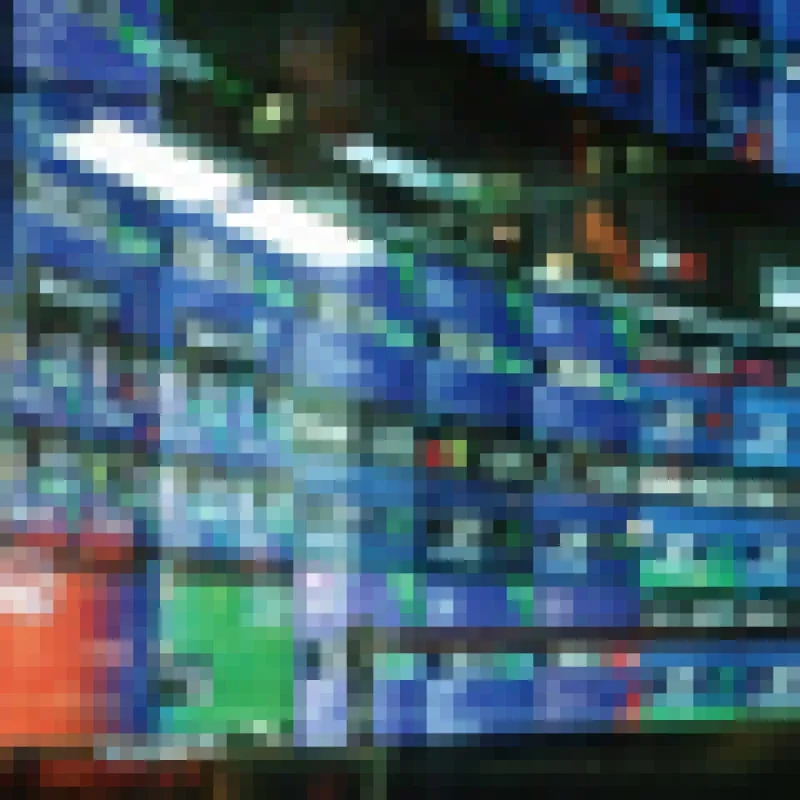Lobbyists appear to have hit a wall in their efforts to keep proprietary trading and derivatives dealing from becoming ensnared in the in the web of financial reform. They have been unable to convince Congress members that banks’ proprietary trading wasn’t a major factor in the financial crisis. And the arguments and analyses of such groups as the International Swaps and Derivatives Association have done little to shield their activities from the broad brush of Sen. Blanche Lincoln’s amendment to force the spin-off of derivatives businesses.
Wary of getting caught in a similar fix, a group representing principal traders has been organized within the Washington, D.C.-based Futures Industry Association. These firms define themselves as “trading their own capital.” Many employ high-frequency methods that have attracted regulatory scrutiny because they account for an increasing proportion of market activity and have been implicated in bouts of volatility, notably the “flash crash” of May 6.
However, the initial 25 members of the FIA Principal Traders Group are not household names – they include Bluefin Trading, DRW Trading Group, Eagle Seven, Getco, Infinium Capital Management, Optiver US and Sun Trading – and they want to raise their voices and educate the media, public and policy makers before events get the better of them.
“There was discussion in the press about the potential harm some of these market participants were doing, and there was not an organized group to respond to these misstatements,” Don Wilson, chairman of the PTG and CEO of Chicago-based DRW, said at the FIA’s June 16 press conference announcing the group’s formation.
FIA president John Damgard, expressing exasperation similar to that of counterparts contending with the hostile political climate, cited a “demonization of speculation” that is getting in the way of a more reasoned understanding of active traders and their contributions to market efficiency. “The truth is high-frequency traders create liquidity, so people coming into the market have buyers on the other side,” Damgard said.
The FIA has retained economist Jim Overdahl as spokesman for the PTG. A former chief economist of the Securities and Exchange Commission and the Commodity Futures Trading Commission, Overdahl will assume this role while continuing to be a vice president in the securities and finance practice of NERA Economic Consulting. He will “articulate our views on public policy issues that affect these markets,” said Wilson, but will not lobby. Overdahl said he will conform to ethical standards for a former regulatory agency employee.
Overdahl said the PTG constituents that trade for their own accounts are not to be confused with hedge funds or bank proprietary traders. They “are the liquidity backbone of the market” whose activity serves to reduce volatility, improve price and market efficiency through tighter bid-ask spreads and enhance price discovery and transparency. Overdahl stressed that not all principal traders are high-frequency traders and suggested that understanding their market niche requires a more nuanced perspective.
“HFT [high-frequency trading] is a broad term that that doesn’t necessarily define what a firm does,” explained Overdahl. “There are thousands of strategies in that category. I define [HFT] as strategies that are highly latency-sensitive,” or operating in a realm of identifying opportunities and executing orders within small fractions of a second. “That could be anything,” he added. “Most of these firms, but not all, engage in latency-sensitive strategies, and there is a wide range of HFT activity.”
Overdahl acknowledged that “the legislation does not differentiate or make distinctions clearly” in some of the provisions that address derivatives trading and clearing. That may be just one example of the educational challenges he and the FIA will be facing.
Other associations have been pulling out all stops with little to show for the effort. On the day of the PTG unveiling, the U.S. Chamber of Commerce warned of “massive government overreach” and “unintended consequences” in a bill that would jeopardize future economic growth and job creation. And the Coalition for Derivatives End-Users – representing corporations – protested that they “did not contribute to the financial crisis [and] should not be subjected to the same regulatory structure as swap dealers and others who do not use derivatives to reduce legitimate business risks.” The House’s reform bill would be more to their liking than the Senate version with the Lincoln amendment.







